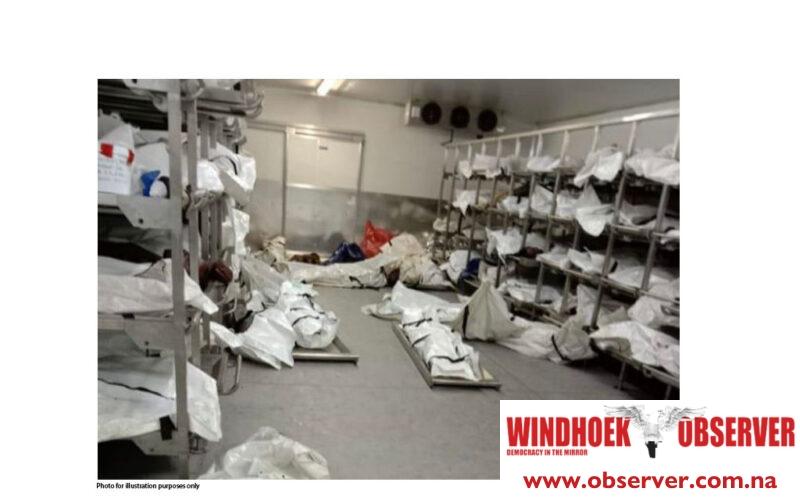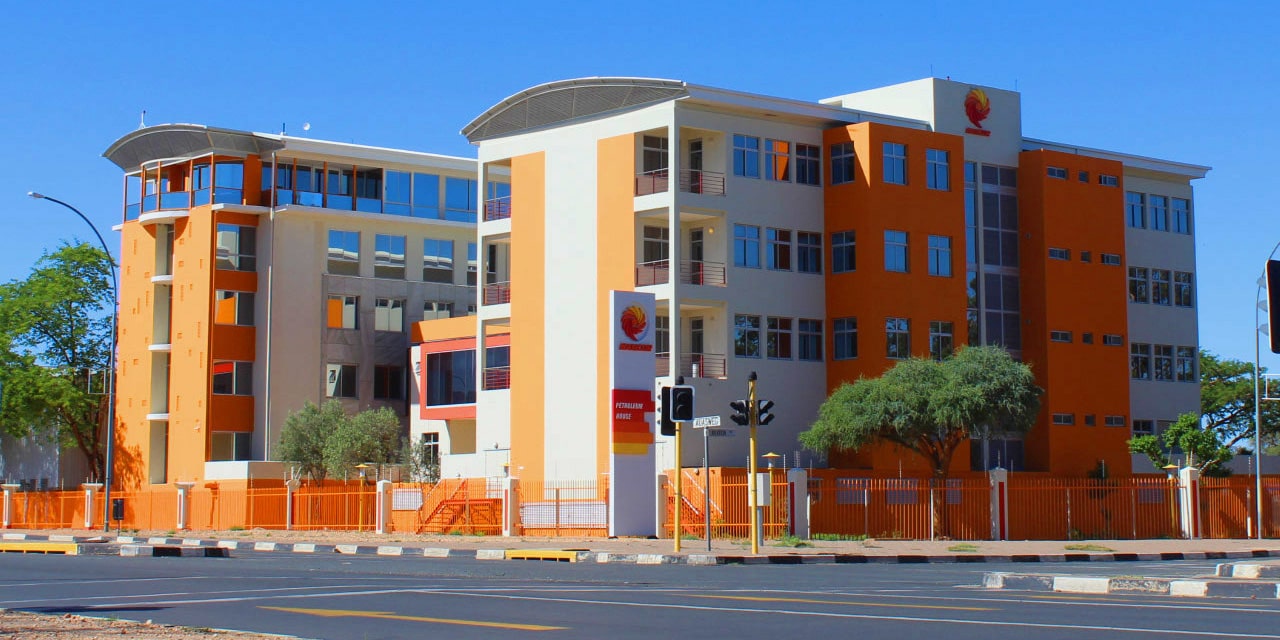Hertta-Maria Amutenja
The Windhoek State Mortuary is grappling with a profound issue involving an alarming number of unclaimed bodies, tallying over 230 with some dating back as far as 2014.
This situation was conveyed by Chief Inspector Oscar Shatipamba, head of forensic pathology at the police mortuary, and Chief Mortuary Assistant Leonard Dausab while briefing the Parliament Standing Committee on Gender Equality, Social Development, and Family Affairs during their visit to the mortuary to assess its condition this week.
Shatipamba revealed that the police mortuary’s body chambers are currently holding 36 adult unclaimed bodies and 20 fetuses, primarily stemming from cases of abandoned infants.
The most distressing detail is the revelation that the oldest body among them has been unclaimed for a staggering nine years.
The bodies are divided between police chambers, which house those who met unnatural causes of death, and hospital chambers, which host individuals who passed away within state medical facilities.
The situation is dire in both facilities.
According to Dausab, the hospital body chambers hold a staggering 174 unclaimed bodies, comprising 44 adult bodies, with the oldest dating back to 2017.
Additionally, 130 of these unclaimed bodies are infants who passed away within the hospital premises. Although their parents are known to the authorities, the inability to afford burial costs or negligence in collecting the bodies contributes to statistics.
“Most of the baby bodies, when the parents are told by the hospital that the mortuary will deal with the bodies, they don’t return to come and collect them,” said Dausab.
He said according to the Ministry of Health and Social Services Act stipulates that if a body remains unclaimed for 14 days in a state hospital mortuary, the hospital head may direct its burial in the nearest cemetery.
However, Dausab pointed out that the mortuary currently lacks the essential resources such as funds, coffins, and land required for such burials.
“The procurement process for engaging private undertakers for burial is also cumbersome and time-consuming, exacerbating the issue.
For instance, we find ourselves procuring for ten bodies but then by the time the procurement process is complete we have over 15 and then we have to start over again. It is a very difficult situation that we are in,” he said
Furthermore, he added that concerns about potential legal repercussions deter urgent action.
“What if family members come years later to claim the body, and it has been buried or cremated without their permission? They could easily institute legal actions against us, and that is another fear we have regarding burying unclaimed bodies,” he remarked.
Additionally, Shatipamba stressed the need for a standardised approach to address the crisis.
“The only thing we want is a standard. The problem here is that we don’t know where to bury the bodies. The absence of clear guidelines regarding where and how to bury these unclaimed bodies has compounded the challenge,” he emphasised.
Last year, Silas Shipandeni, Khomas police spokesperson, revealed that a baby’s body remained unclaimed at the Windhoek Namibian Police mortuary for over six years, among a total of 38 unclaimed bodies.
He stated that most of these unclaimed bodies are individuals who lost their lives in public road accidents and were found without identification documents.
Shipandeni explained that despite following necessary procedures such as fingerprinting and liaising with relevant government bodies, the identification process remains a significant hurdle.




